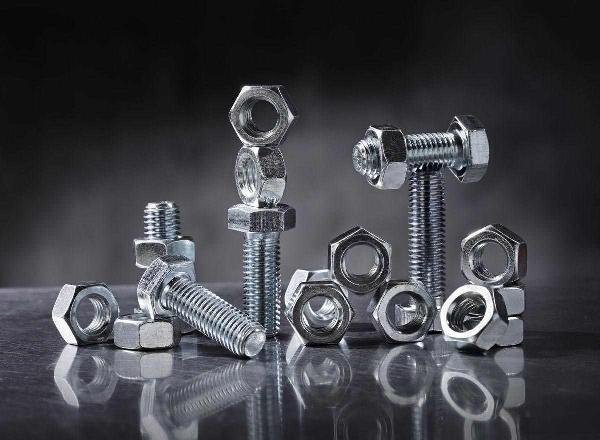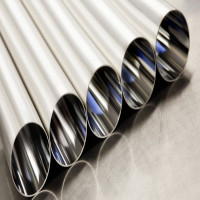Understanding Hastelloy Fastener Grades and Types

Strong 8k brings an ultra-HD IPTV experience to your living room and your pocket.
Hastelloy fasteners are known for their exceptional resistance to extreme conditions, making them a popular choice in various high-performance applications. These fasteners are made from Hastelloy, a nickel-based alloy designed to withstand harsh environments such as high temperatures, corrosive chemicals, and heavy pressure. In this blog, we’ll take a closer look at Hastelloy fasteners, exploring their different grades and types to help you understand their unique properties and uses.
What Are Hastelloy Fasteners?
Hastelloy fasteners are components like bolts, nuts, and washers made from Hastelloy alloys. These fasteners are used in industries where durability and resistance to extreme conditions are critical. Hastelloy alloys are known for their ability to resist oxidation, corrosion, and stress, making them suitable for applications in chemical processing, aerospace, and other demanding environments.
Common Hastelloy Fastener Grades
Hastelloy comes in several different grades, each designed to meet specific requirements. Here are a few common grades and their characteristics:
Hastelloy C-276: This is one of the most widely used Hastelloy grades for fasteners. It offers excellent resistance to a wide range of corrosive environments, including acids and chlorine. Hastelloy C-276 is commonly used in chemical processing and pollution control systems.
Hastelloy B-3: Known for its resistance to hydrochloric acid and other reducing acids, Hastelloy B-3 is often used in applications where exposure to these chemicals is a concern. It provides good resistance to stress corrosion cracking and maintains its strength at high temperatures.
Hastelloy X: This grade is designed for high-temperature applications, such as in gas turbines and rocket engines. Hastelloy X provides excellent strength and oxidation resistance at elevated temperatures, making it suitable for aerospace and power generation industries.
Types of Hastelloy Fasteners
Hastelloy fasteners come in various types, each serving different functions:
Bolts: These are used to join two or more components together. Hastelloy bolts are ideal for applications where strength and resistance to high temperatures or corrosive environments are required.
Nuts: Nuts are used in conjunction with bolts to secure and tighten connections. Hastelloy nuts offer the same high level of corrosion and heat resistance as Hastelloy bolts, ensuring a secure fit in demanding conditions.
Washers: Washers are placed between a bolt and the surface it is fastening to distribute the load evenly. Hastelloy washers help prevent damage to the surface and provide additional resistance to corrosion.
Applications of Hastelloy Fasteners
Hastelloy fasteners are used in a variety of industries where reliability and durability are crucial. Some common applications include:
Chemical Processing: In environments where exposure to corrosive chemicals is common, Hastelloy fasteners ensure that equipment remains secure and operational.
Aerospace: For components subjected to high temperatures and pressures, such as in jet engines, Hastelloy fasteners provide the strength and resistance needed.
Marine: In marine environments where saltwater can cause severe corrosion, Hastelloy fasteners help maintain the integrity of the equipment.
Conclusion
Understanding the different grades and types of Hastelloy fasteners is essential for selecting the right components for your needs. With their exceptional resistance to corrosion, heat, and stress, Hastelloy fasteners are an excellent choice for demanding applications in various industries. By choosing the appropriate Hastelloy grade and fastener type, you can ensure the reliability and longevity of your equipment in even the harshest conditions
Note: IndiBlogHub features both user-submitted and editorial content. We do not verify third-party contributions. Read our Disclaimer and Privacy Policyfor details.


